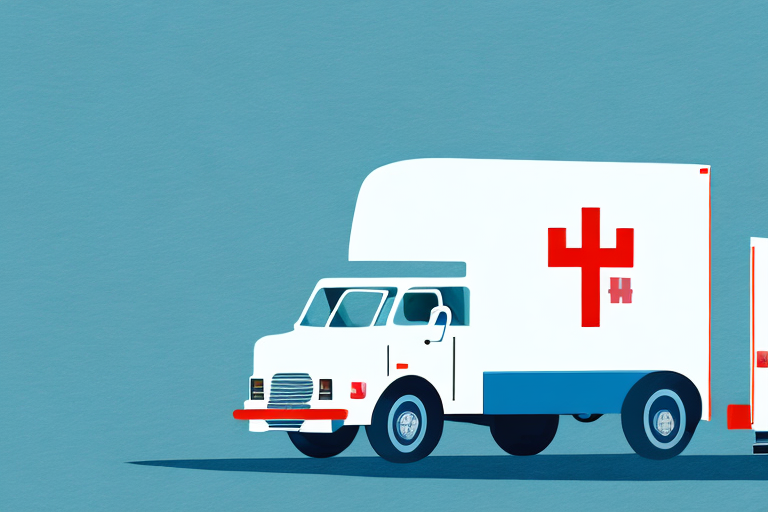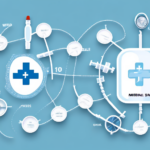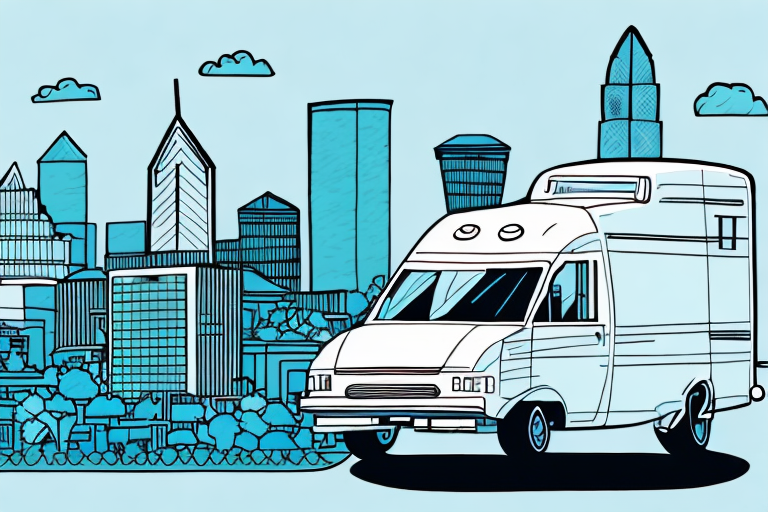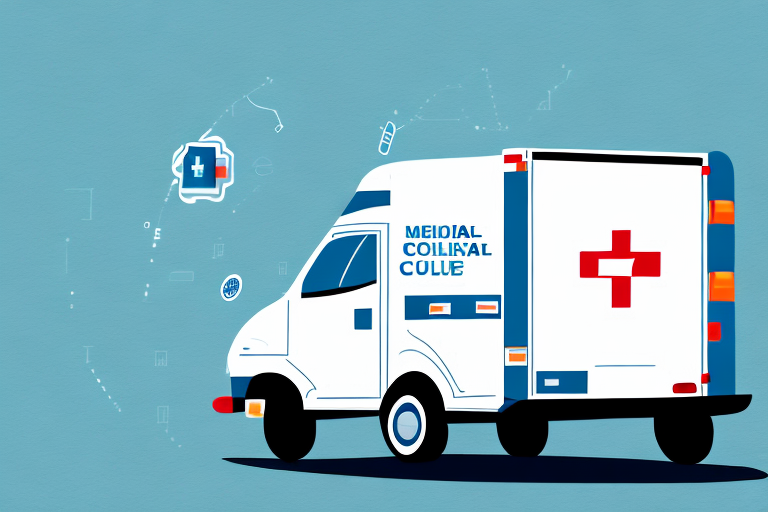The Growing Demand for Medical Supplies Delivery
The COVID-19 pandemic has underscored the critical need for efficient logistics networks to deliver medical supplies to healthcare facilities promptly. According to a IBISWorld report, the medical supplies delivery industry has experienced a significant growth rate of X% annually over the past few years, a trend expected to continue as healthcare systems worldwide expand and evolve.
In addition to increased demand, there is a noticeable shift towards sustainable and eco-friendly practices within the industry. Companies are increasingly adopting electric and hybrid vehicles for deliveries and implementing recycling and waste reduction programs in their operations. This transition not only benefits the environment but also contributes to cost reduction and improved operational efficiency.
Impact of COVID-19 on the Medical Supplies Delivery Industry
Enhancing Supply Chain Resilience
The pandemic highlighted the importance of agile and resilient supply chains. Medical supplies delivery companies have had to innovate and adapt rapidly to meet the surge in demand for essential equipment and personal protective equipment (PPE).
Technological Advancements
To manage the increased demand and ensure timely deliveries, the industry has seen the adoption of advanced technologies such as real-time tracking systems and automated inventory management. These technologies facilitate better coordination between healthcare providers and suppliers, ensuring that medical supplies reach their destinations efficiently.
Key Companies and Their Hiring Practices
Major Players in the Industry
- UPS: Known for its comprehensive training programs and emphasis on safety.
- FedEx: Offers competitive salaries and benefits, along with opportunities for career advancement.
- DHL: Focuses on sustainability and provides specialized training for handling medical supplies.
Hiring Requirements
Most leading companies in the medical supplies delivery sector require candidates to possess a commercial driver's license (CDL), relevant logistics or delivery experience, and a high school diploma or equivalent. Additional requirements may include a clean driving record, passing background checks, and undergoing drug testing.
Some companies also seek candidates with specialized certifications in areas such as hazardous materials handling or medical equipment maintenance, depending on the nature of the supplies being delivered.
Job Requirements and Qualifications
Essential Skills
- Excellent Driving Skills: Safe and efficient transportation of medical supplies.
- Physical Stamina: Ability to lift and handle heavy objects.
- Attention to Detail: Ensuring accurate deliveries and maintaining records.
- Communication Skills: Interacting effectively with healthcare professionals and patients.
Additional Qualifications
While basic requirements are standard, employers may prefer candidates with prior experience in delivery or healthcare settings. Familiarity with medical terminology and equipment can provide an advantage in securing a position.
Salary Expectations and Benefits
The salary for medical supplies delivery drivers varies based on location, employer, and experience. According to the U.S. Bureau of Labor Statistics, the median hourly wage for heavy and tractor-trailer truck drivers was approximately $22.37 in 2023. Experienced drivers and those with specialized skills may earn higher wages.
Benefits
- Health insurance
- Retirement plans
- Paid time off
- Tuition reimbursement and training programs
Career Advancement
Opportunities for advancement include supervisory and management roles, as well as transitions into other areas of logistics and supply chain management.
Advantages Over Other Logistics Jobs
Working in medical supplies delivery offers unique benefits compared to other logistics roles:
- Job Satisfaction: Contributing directly to the healthcare system by ensuring the timely delivery of essential supplies.
- Job Security: The continuous demand for medical supplies provides a stable employment environment.
- Personal Interaction: Opportunities to engage with healthcare professionals and patients, fostering meaningful connections.
Career Advancement and Future Outlook
Growth Prospects
The medical supply chain is expected to continue evolving, with an emphasis on resilience and reliability. This evolution is anticipated to create more job opportunities for logistics professionals, particularly in areas such as e-commerce fulfillment and the integration of emerging technologies like drones.
Emerging Technologies
Automation and the use of advanced tracking systems are set to play a significant role in the future of medical supply delivery, enhancing efficiency and reducing delivery times.
Education and Training
Continued education and professional development are crucial for career advancement. Employees can benefit from certifications and training programs that provide specialized skills and knowledge in logistics and supply chain management.
Challenges and Safety Measures in Medical Supplies Delivery
Common Challenges
- Heavy physical work and handling of supplies.
- Navigating through changing weather conditions and congested roads.
- Maintaining accurate records and managing timely deliveries.
Overcoming Challenges
Workers can overcome these challenges by adhering to safety protocols, planning efficient routes, and maintaining open communication with supervisors. Familiarity with handling hazardous materials and emergency preparedness are also essential.
Safety Measures
Employers implement stringent safety measures, including providing personal protective equipment (PPE), offering training on proper handling and disposal of hazardous materials, and enforcing strict hygiene protocols to protect workers from potential risks.
Preparing for a Successful Career in Medical Supplies Delivery
Job Interview Preparation
When preparing for a job interview in the medical supply delivery industry, candidates should research the company, understand the job requirements, and be ready to discuss their logistics and delivery experience. Demonstrating knowledge of industry trends and emerging technologies can also be advantageous.
Finding and Applying for Jobs
Job seekers should explore various platforms to find opportunities, including company websites, job boards, and industry-specific conferences. Networking with professionals in the field and attending job fairs can also enhance job prospects. Tailoring resumes and cover letters to highlight relevant experience in logistics and delivery is essential for standing out to potential employers.
Conclusion
A career in medical supplies delivery offers a stable and rewarding path for individuals interested in logistics and healthcare. With growing demand, competitive salaries, and opportunities for advancement, this field presents significant potential for those seeking meaningful and long-term employment. By acquiring the necessary skills and qualifications, professionals can thrive in this essential and dynamic industry.




















